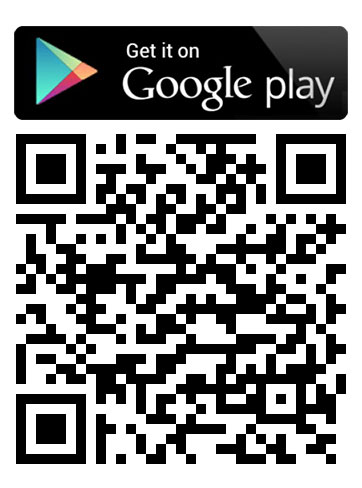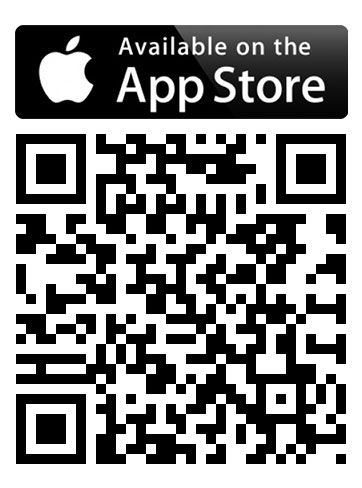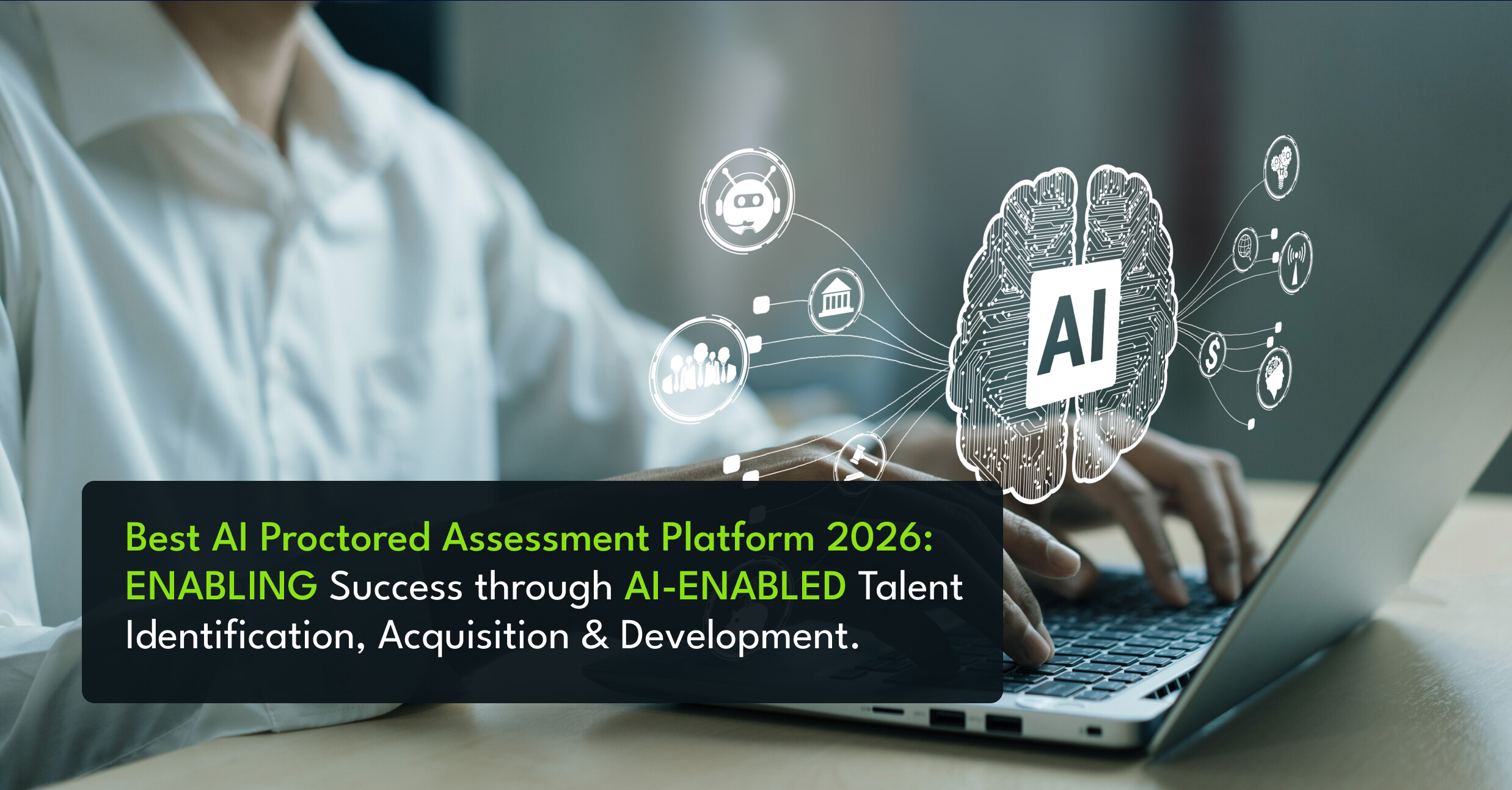Prevent 73% of Hiring Mistakes with Smarter Assessment Tools
In an era when hiring and skills evaluation are more critical than ever, traditional methods such as manual tests, face-to-face interviews with varying standards, and static question sets are increasingly insufficient. Organisations need tools that are fair, efficient, and capable of keeping up with changing industry demands. HireMee’s Question Bank offers a blueprint for how modern assessments should work, and in doing so, it is helping to build the future of assessment in several important ways.
1. Efficiency and Resource Leverage
One of the biggest advantages of HireMee’s Question Bank is efficiency. By providing a vast repository of pre-existing assessment questions, organisations do not need to spend time creating questions from scratch. These questions are already validated and verified, which significantly reduces the effort of developing, testing, and maintaining high-quality assessments. In hiring contexts where speed and scale matter such as campus drives, bulk recruitment, or recurring assessments, this efficiency reduces both the time-to-hire and the cost per assessment.
2. Customisability to Fit Context
A future-ready assessment system cannot follow a one-size-fits-all model. HireMee addresses this by offering tailored assessments with question types that can be adapted to match organisational needs. Whether a company wants to focus on technical skills, critical thinking, domain-specific knowledge, or problem-solving, the ability to pick, modify, and combine questions from a rich library makes assessments highly relevant. This customisation ensures the evaluation process aligns with both the requirements of the role and the culture of the organisation.
3. Quality Assurance and Reliability
As assessments grow in importance for hiring, promotions, learning and development, and certifications, the reliability of the questions becomes essential. HireMee’s Question Bank ensures rigorous validation by subject matter experts, which makes assessments more accurate and meaningful. This quality assurance enhances the credibility of the evaluation process and ensures that results can be trusted in professional and competitive contexts.
4. Coverage of Diverse Skills Across Levels
Modern organisations require assessments that cover a wide range of abilities. HireMee’s Question Bank addresses this need by including questions that evaluate both technical and non-technical skills, across industries, and for roles ranging from entry level to senior leadership. By offering such diversity, organisations can assess holistic candidate potential instead of relying on narrow or generic evaluations. This broader approach helps companies avoid overlooking talent that may excel in multiple dimensions.
5. Realistic Simulations and Practical Relevance
An important trend in assessments is the use of simulation-based questions that replicate real-world challenges. HireMee’s Question Bank incorporates realistic scenarios that allow candidates to demonstrate practical ability, decision-making, and situational responses. These assessments not only predict workplace performance more effectively but also give candidates a clearer understanding of the job. By reflecting real challenges, simulations bridge the gap between theoretical knowledge and practical application.
6. Continuous Updates to Stay Relevant
Industries and technologies evolve rapidly, and outdated questions quickly lose relevance. HireMee solves this challenge by regularly updating its question bank to reflect current industry needs and emerging skills. These updates ensure that assessments remain aligned with changing expectations and future-proof an organisation’s hiring and evaluation processes. Staying current in this way allows companies to keep pace with the marketplace and maintain credibility.
HireMee’s Question Bank illustrates the essential features of assessments that are designed for the future: efficiency, adaptability, reliability, skill diversity, real-world simulation, and ongoing relevance. As industries become more complex and job roles more dynamic, the standards for evaluation will continue to rise. Organisations that embrace such tools will be better positioned to identify, develop, and retain the right talent in an evolving world.







